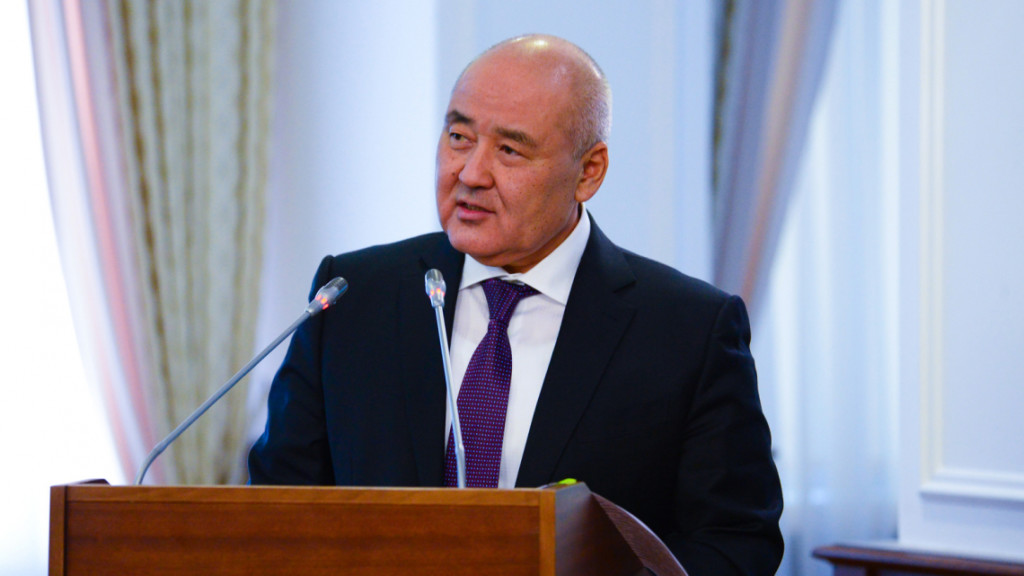ASTANA – The Kazakh Ministry of Agriculture has presented plans to focus this year on introducing precision technology and intensive irrigation, livestock development and renewing agricultural machinery. The four key areas are expected to increase labour productivity in the agro-industrial sector.
To increase technical equipment, 5.5 billion tenge (US$17 million) will be allocated to subsidise the agricultural leasing interest rate and raise the investment subsidy by 20 billion tenge (US$62 million) by reducing inefficient subsidies.
“We plan to introduce electronic field mapping, accurate weather data and wireless sensors, space monitoring and other solutions to validate precision agricultural practices. We will develop an economic model for introducing precision technologies for different types of farms and an entirely new system of subsidy. We will launch pilot projects in certain farms in cooperation with local executive bodies. The educational institutions, research institutes and the world’s leading companies that are engaged in agriculture digitisation and development of technologies will assist in training farmers,” said Deputy Prime Minister and Minister of Agriculture Umirzak Shukeyev during the Feb. 13 governmental meeting.
The approach to cooperatives will also be revised to increase meat export. The action is expected to encourage cooperation of small and medium-sized businesses with large feedlot sites to ensure marketing, technology distribution, knowledge and access to financing.
“We expect to ensure the investments in technology up to 240 billion tenge (US$742 million) by 2021 with a gradual increase of support measures. The renewal of agricultural machinery will reach approximately 6 percent in three years; now, it stands at 2 percent,” he added.
Measures will also be taken to rehabilitate irrigation. Water supply will be restored this year to 65,000 hectares.
The agricultural producers and processing enterprises will join as meat cooperatives to solve the issues concerning processing agricultural products. Agricultural science aims to focus mainly on introducing new technologies rather than inventing livestock breeds.
“There are three universities and 23 research institutes at the ministry. This number will be reduced to 12 due to consolidation. Agricultural universities will become research institutions with research institutes and farms,” said Shukeyev.
An effective system ensuring epizootic, veterinary and sanitary well-being will be developed to increase the efficiency of state control and supervision. Veterinary border control will be established and unified approaches developed in cooperation with Russian and Kyrgyz veterinary services to combat transboundary animal diseases, monitor quality control of vaccines at the World Organisation for Animal Health (OIE) laboratories and implement against nodular dermatitis and foot and mouth disease.
January’s agriculture, forestry and fishery gross output was 113.4 billion tenge (US$350 million), a 3.7-percent increase compared to the corresponding month in 2017, reported the committee on statistics.

